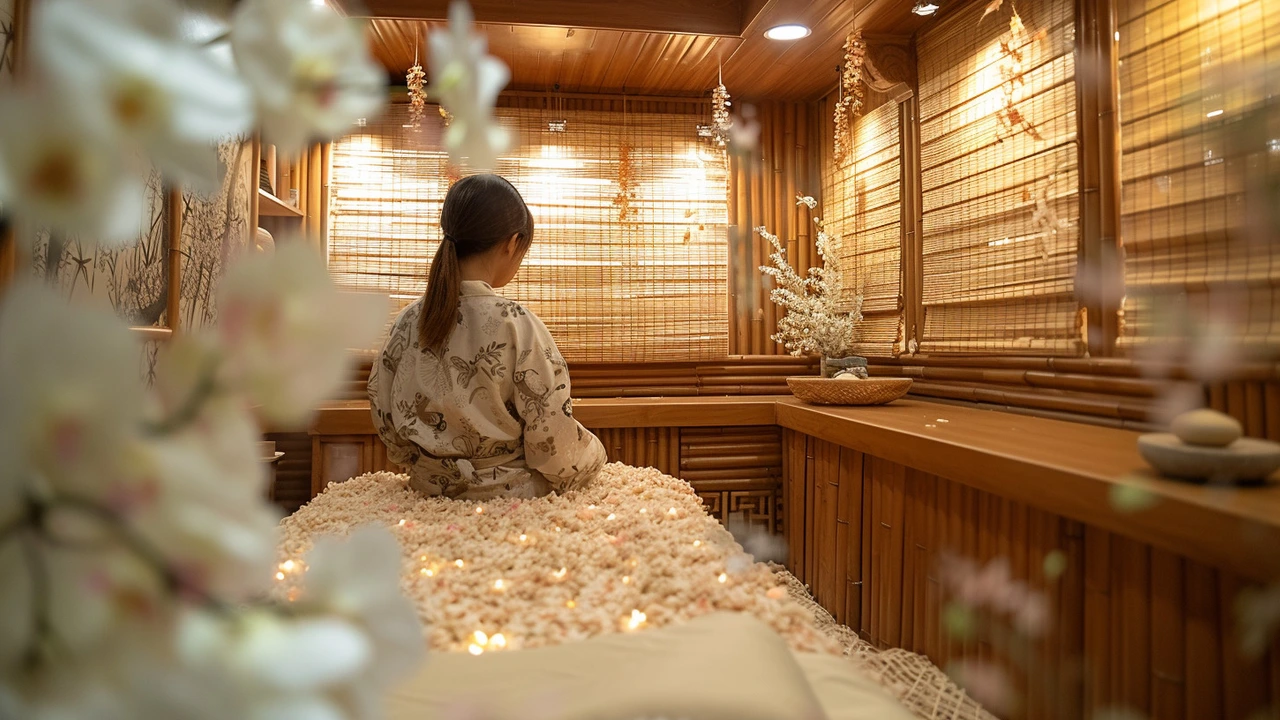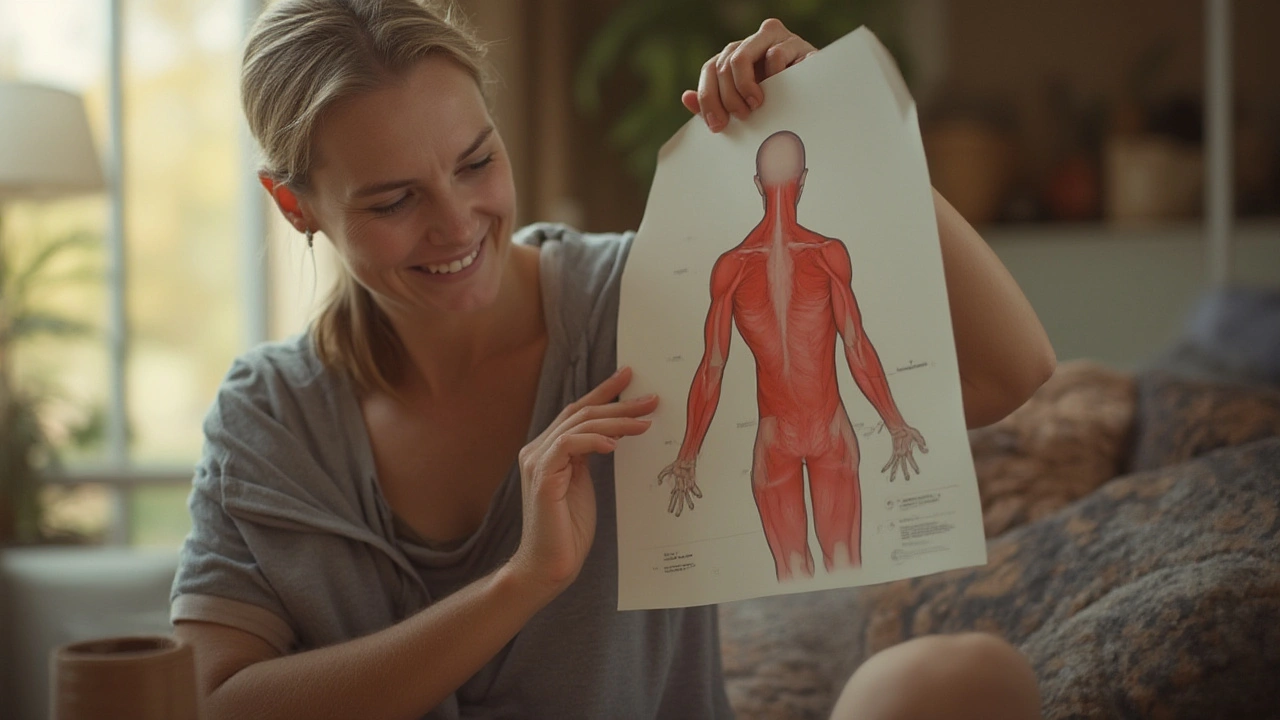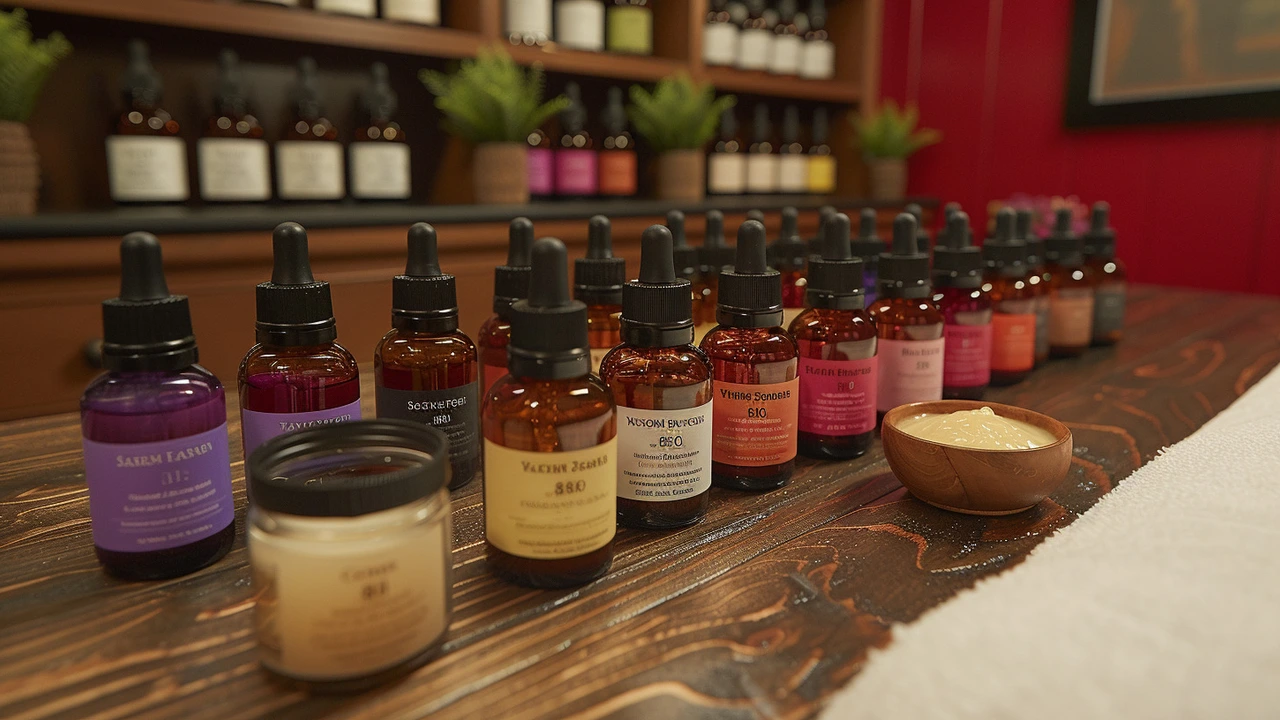Unlock the Power of Thai Massage for Ultimate Relaxation and Stress Relief

A Journey Through the Ancient Art of Thai Massage
Imagine a form of therapy so immersive that it transports you to a place of profound relaxation, where stress dissolves, and a sense of well-being envelops you. That's the allure of Thai massage, a treasure from the ancient world that continues to thrive in the hectic pace of modern life. Originating from the time of Buddha, around 2,500 years ago, Thai massage was created by an Ayurvedic doctor named Jivaka Kumar Bhaccha, a friend and physician to the Buddha. Influenced by Indian, Chinese, and Southeast Asian cultural spheres, it has evolved into a unique blend of techniques and philosophies.
Unlike Western massage techniques, which primarily focus on muscle relaxation through direct pressure, Thai massage distinguishes itself through its dynamic use of stretching, acupressure, and movement. It's akin to having yoga done to you, as the practitioner guides your body through various postures. All this occurs while they apply pressure along the body's 'sen' lines, akin to meridians or channels in Chinese medicine, aiming to clear blockages and enhance energy flow.
Yet, despite its ancient roots, Thai massage has seen widespread popularity only in recent decades. Today, it's celebrated not just as a therapeutic practice but as a comprehensive approach to health and wellness. From bustling Bangkok spas to serene wellness centers across the globe, people are turning to Thai massage to alleviate stress, increase flexibility, and foster a deeper connection between mind, body, and spirit.
The Harmony of Mind and Body: How Thai Massage Works
Thai massage operates on the principle that our physical conditions are deeply intertwined with our emotional and spiritual states. Its holistic approach is designed to address these layers, enhancing overall health and vitality. At its core, Thai massage focuses on the balance of the body's energy system, utilizing 'sen' lines that are believed to run throughout the body. By applying pressure and manipulation to these lines, practitioners aim to release tension, facilitating the flow of 'prana' or life energy.
The process begins with practitioners performing a gentle but firm pressure using their hands, elbows, knees, and even feet, strategically targeting the 'sen' lines and pressure points throughout the body. This is coupled with passive stretching movements that resemble yoga poses. These techniques work together to loosen and stretch muscles, improve circulation, and promote relaxation.
One of the defining characteristics of Thai massage is its participatory nature. It's a dance between giver and receiver, a dynamic flow of movement and rhythm. The experience can be deeply meditative, both for the practitioner and the person receiving the massage, offering a moment of mindfulness and presence that is often scarce in our daily lives.
Unveiling the Health Benefits of Thai Massage
The benefits of Thai massage extend far beyond simple relaxation. Its comprehensive approach has shown to be effective in treating various physical and mental health issues. Studies have indicated that regular Thai massage sessions can significantly reduce stress, anxiety, and symptoms of depression. The physical aspects of the practice, particularly the stretching and acupressure, improve flexibility, reduce muscle tension, and enhance mobility.
Moreover, Thai massage has been associated with improvements in circulation, contributing to better oxygen and nutrient supply to tissues and promoting the removal of metabolic waste products. This can lead to improved energy levels and a boost in overall health. For those struggling with headaches, particularly tension headaches and migraines, Thai massage can offer relief by easing the tightness in muscles around the neck and shoulders.
Digestive disorders, insomnia, and even certain chronic conditions like fibromyalgia may also see improvements from the regular application of Thai massage techniques. It's important to note, though, that while Thai massage can be beneficial for many, it's not a one-size-fits-all solution and may not be suitable for everyone, particularly those with certain health conditions.
Maximizing Your Thai Massage Experience: Tips for Before and After
Embarking on a Thai massage experience can be a delightful journey of discovery and relaxation. To make the most of it, there are a few simple steps you can follow. Before your session, try to avoid heavy meals and hydrate well. Wear comfortable, loose-fitting clothing that allows for flexibility and movement. It's also helpful to arrive a few minutes early to settle in and discuss any particular needs or concerns with your practitioner.
After your massage, take it easy for the rest of the day if you can. Drink plenty of water to aid in the flushing of toxins and rehydration of muscles. You might feel some soreness, especially if it was your first session or you have tight muscles, but this should pass within a day or two. Embrace the calmness and heightened awareness of your body's state, and consider how you might incorporate elements of Thai massage philosophy into your daily life.
Choosing the Right Practitioner: Advice for Beginners
Finding the right practitioner is crucial to a positive Thai massage experience. Look for someone trained and experienced in traditional Thai massage techniques. Genuine qualifications and a deep understanding of the practice's philosophy and methods are vital. Personal recommendations, reviews, and thorough research can guide you in selecting a practitioner who meets your needs and expectations.
It's also important to communicate openly with your practitioner about your comfort level, any health concerns, and what you hope to achieve from the session. A good practitioner will tailor the experience to your individual needs, ensuring both safety and satisfaction.
Overcoming Common Misconceptions About Thai Massage
Despite its growing popularity, there are still many misconceptions surrounding Thai massage. Some people equate it with standard deep tissue massages or even recreational massage services. However, Thai massage is a distinct practice with a spiritual and therapeutic foundation, focusing on energy balance and holistic well-being rather than just physical relaxation.
Another common misconception is that Thai massage is painful. While it's true that the practice involves pressure and stretching, these should never cause pain when performed correctly. Instead, a well-executed Thai massage should leave you feeling stretched, open, and invigorated. Always communicate with your practitioner if you experience discomfort, so they can adjust their techniques accordingly.
The Future of Thai Massage: Trends and Innovations
As we look to the future, Thai massage continues to evolve, blending traditional techniques with modern scientific understanding and innovative practices. Wellness centers and spas are increasingly incorporating it into holistic health programs, recognizing its benefits for both physical and mental well-being. New variations, such as Thai herbal massage and aquatic Thai massage, offer exciting possibilities for enhancing the therapeutic experience.
Additionally, the growing emphasis on mental health and mindfulness in our society is shining a light on Thai massage's meditative and restorative aspects. This ancient practice, with its rich history and profound benefits, remains as relevant today as it was thousands of years ago, providing a sanctuary of relaxation and healing in our fast-paced world.





